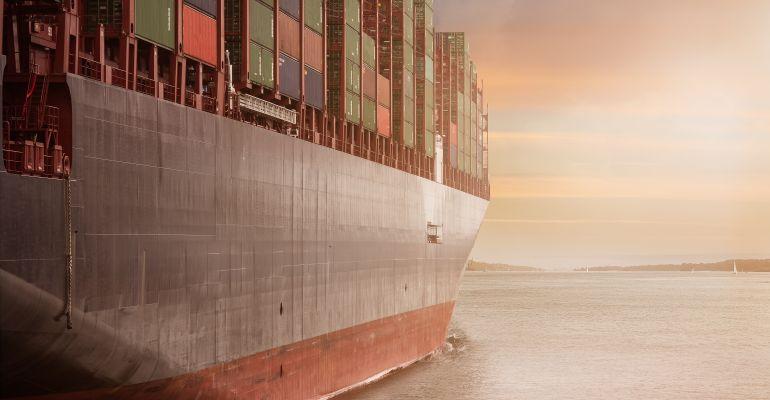In a letter, dated 26 September, to the Bombay (BSE) and National Stock Exchange of India (NSEI) NovaaOne Capital, which was acting for Transworld advised the stock exchanges that the qualifying shareholding for the delisting to take place had been achieved.
Alphaliner reported today that Transworld and its affiliated companies had made offers of INR338 and a later offer of INR375 per share, well above the floor price of INR292, set by the BSE and NSEI.
In July Transworld affiliate Transworld Group announced a ship management joint venture with Fleet Management, called Transworld Fleet Management to operate its fleet of vessels.
Transworld Group Chairman Ramesh S. Ramakrishnan said at the time: “We are anticipating significant support from Fleet’s technical, operational and quality, health, safety and environment teams to ensure efficient management, including ongoing adherence to regulatory requirements and the utilisation of a broad range of digital capabilities.”
SSL operates 11 container vessels as well as well as a number of bulk carriers. Alphaliner linked Transworld’s desire to acquire SSL and to delist the feeder operator, was down to an understanding that India was about to lift its cabotage laws, allowing foreign companies to call at Indian ports consecutively.
In what Alphaliner called a “surprise decision”, that has yet to be given a timeline, the consultant said, it “is likely to usher in significant change and increase the attractiveness of Indian ports as direct ports of call for ocean carriers. Foreign ships currently have to obtain a permit from the country’s Directorate General of Shipping to work local routes.”
Coastal shipping currently comprises just 7% of India’s transport mix, but with the country developing plans to increase its manufacturing base, from 17.7% of GDP to 25% by 2025, and capture market share from China, the move to lift cabotage restrictions in this context makes sense.
“Coastal shipping is being promoted as an energy-efficient and lower-cost alternative for both passengers and freight in India, which is funding expansion through several public-private partnerships,” said the report.
Relaxation of India’s cabotage regulations first took place in 2018 when the government allowed foreign carriers to reposition empty boxes at Indian ports.
However, the increased competition that a further relaxation of the rules would reduce shipping costs substantially and increase efficiency.
Copyright © 2024. All rights reserved. Seatrade, a trading name of Informa Markets (UK) Limited.
Add Seatrade Maritime News to your Google News feed.  |

